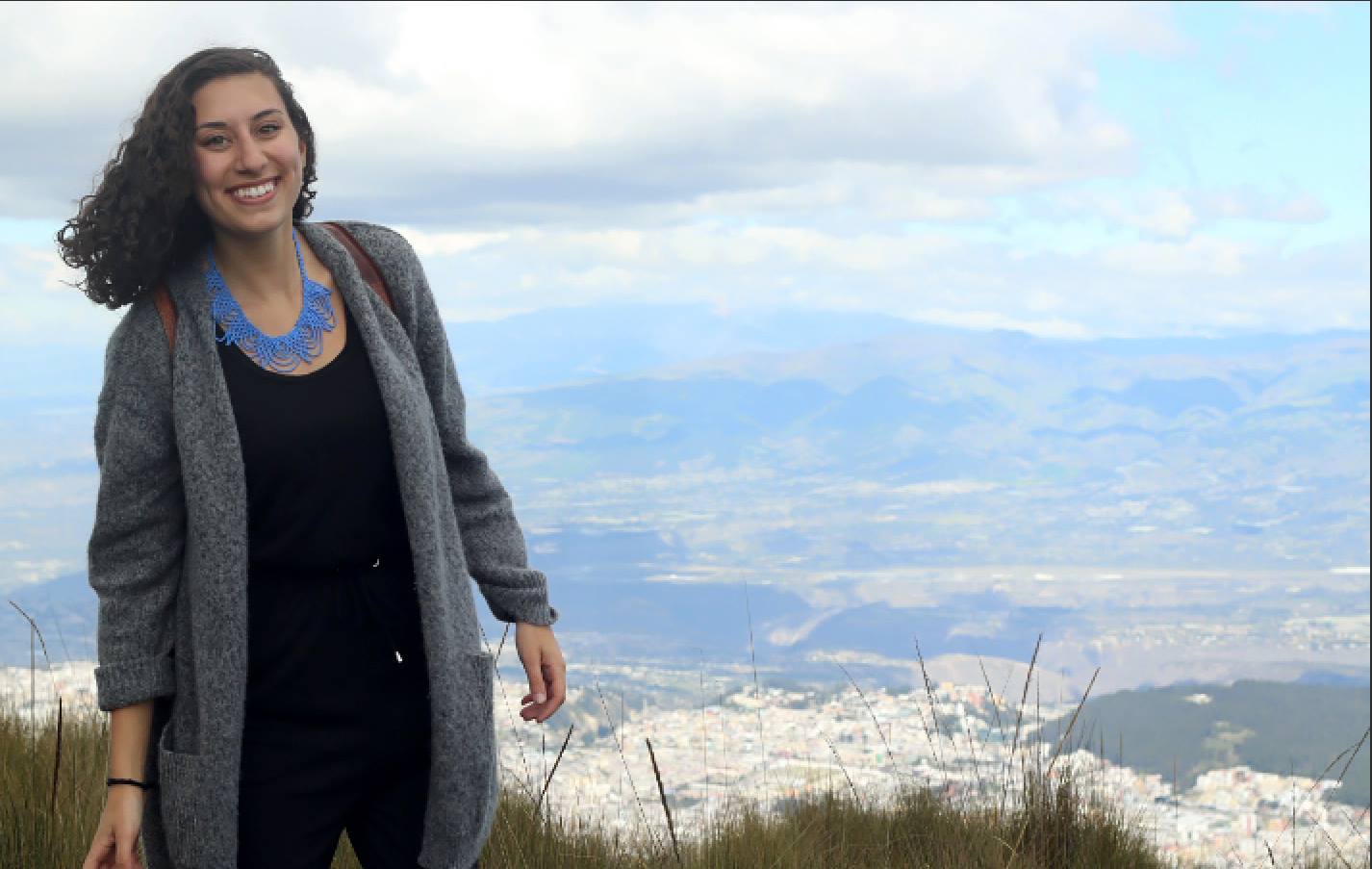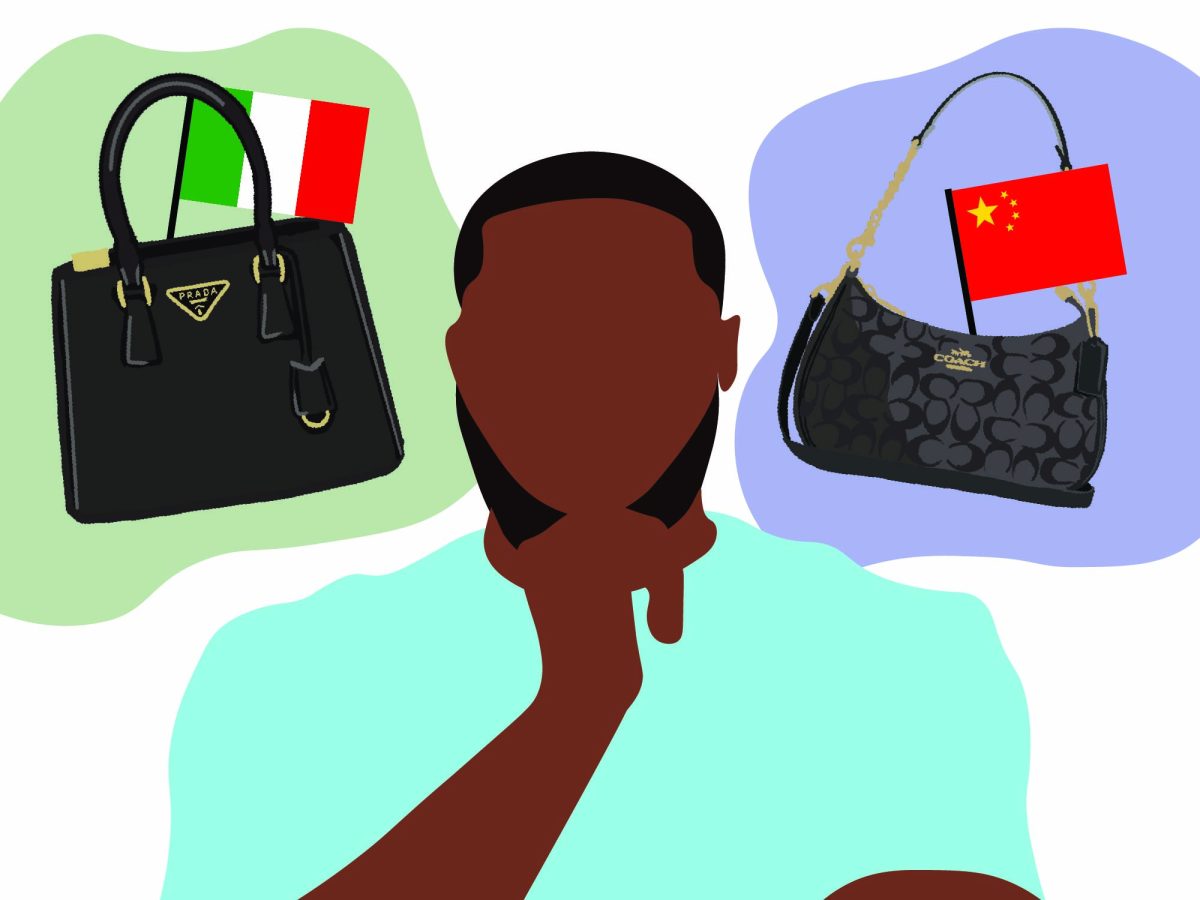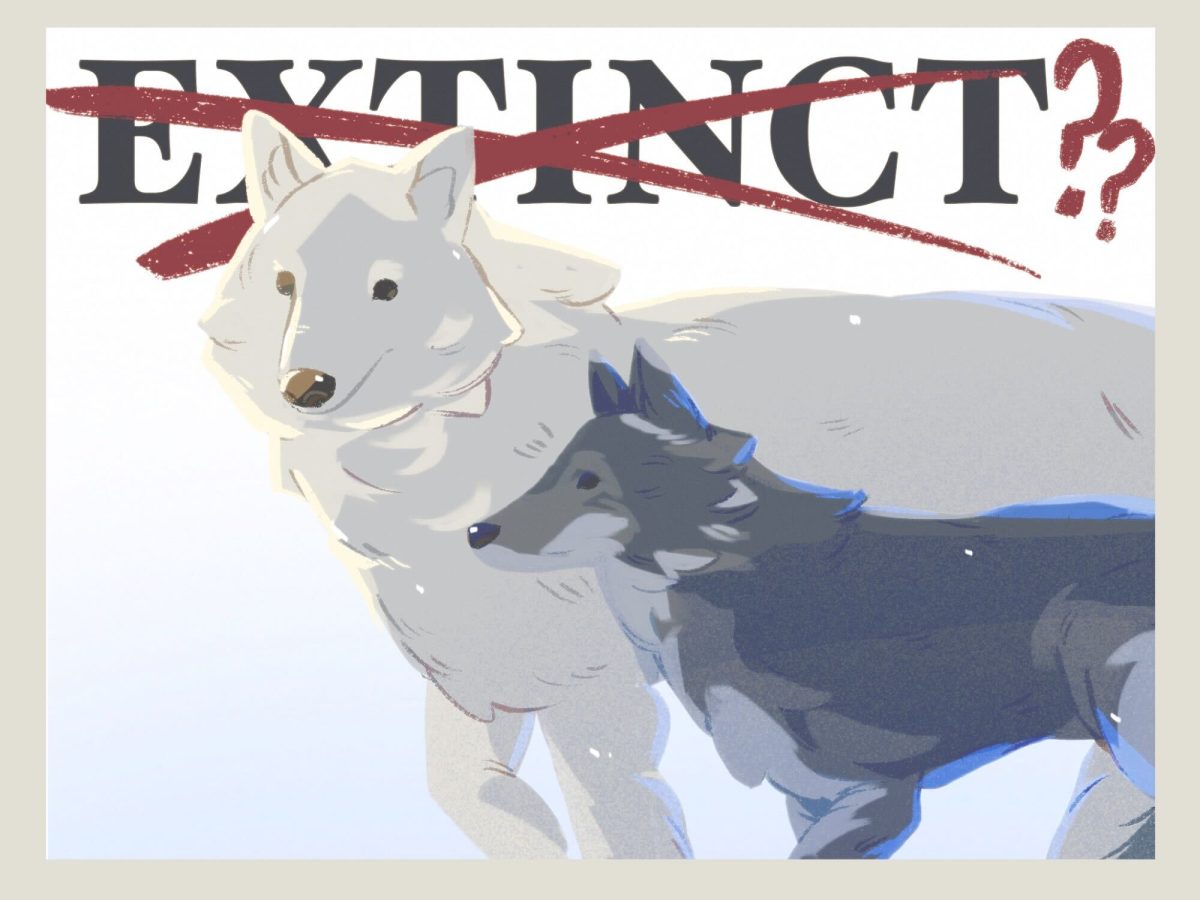I sprinted through the streets of La Mariscal toward the center of Plaza Foch, pushing people out of my way and leaving my somewhat drunk group of friends behind last Friday night.
About a quarter mile and one pulled knee later, I narrowed in on the thief who pickpocketed my iPhone: a 5- or 6-year-old boy selling gum to tourists and bar crawlers. Riding off of my adrenaline, I charged at him from behind, forcibly twisted him to face me and said, “¡Pienso que tienes mi teléfono!”
He proceeded to empty the contents of his pockets to reveal only a plastic water bottle and a couple of quarters. By this time, my friends had caught up to me, and I had made enough of a scene that the police took notice. I rode in the back of a police car with two Ecuadorian friends and patrolled the streets looking for the culprit to no avail.
My friends attempted to console me as I began to quietly sob. The Ecuadorians in our group explained that this happened all the time, that the thieves were trained to pickpocket and run and that I’m just lucky I wasn’t physically harmed. But I wasn’t listening to any of that. My iPhone was gone, and so were all my photos, videos and memories dating back to the end of my freshman year of college. I could not be consoled.
To provide some context, I’m a junior studying photojournalism and international relations at Boston University, but I’m currently studying abroad in Quito, Ecuador. I’m taking classes, almost entirely in Spanish, at the Universidad San Francisco de Quito. I’ve been a photographer for the The Daily Free Press since my first semester of freshman year, and last semester, I was the photo editor.
My preparation for this trip was basically nonexistent. Following an anxiety-ridden stint of almost dropping the program during Thanksgiving break, I had a bad taste in my mouth whenever someone mentioned Ecuador. Over winter break, I refused to talk or even acknowledge that the trip was happening in a matter of weeks. I went into this trip with a negative attitude that carried over from last semester’s stress and chaos, and I let my anxiety, something I’ve been working on my entire life, get to me.
I was worried about my Spanish level, because I failed the university’s placement exam and hadn’t really taken Spanish since high school.
Instead of brushing up on my Spanish, I researched different theft-proof bags and all of the dangerous things thieves and rapists do to their victims in Latin America — note: the “Devil’s Breath.” I found one Pacsafe backpack with a mesh slashguard and turn-and-lock security hooks for the low price of $169.95 — what a steal! As my old roommate rightfully said, “I would definitely rob you.”
The day before my trip, I quickly packed my bags out of necessity, and at 5 a.m., I said a dramatic goodbye to my parents and my boyfriend at the Albany International Airport.
I arrived in Quito approximately 20 hours later, and although it was 3 a.m. local time, I came to the realization that I needed to communicate with my host mother. I used the spotty service I had to frantically Google how to say “nice to meet you” in Spanish. It was “mucho gusto.”
My negative mindset continued into the first few weeks of the program. I became very sick, didn’t have an appetite and missed the second day of classes. I Skyped home too much, and then complained about how I felt like I was missing out because I was talking too much with people from home.
I was uncomfortable that Ecuadorians might think I was stupid because I couldn’t express my ideas. But as my wise friend responded, the mentality that someone is stupid solely because they’re not fluent in a language is a little trademark of Americans, and I shouldn’t worry here.
My friends helped me let loose, and I gradually began to enjoy myself. I traveled to Tiputini Biodiversity Station in the Amazon rainforest, which is jointly managed by USFQ and BU. There, I went on hikes, found three different species of monkeys, ate lemon ants, swung on a vine and swam in piranha-infested river water.
I took a seven-hour bus ride to Atacames (a beach town on the Northern Pacific Coast), ate ceviche for the first time and stayed in a psychedelic Swiss-owned hostel called the “Chill Inn.”
I finally made Ecuadorian friends, started teaching an ESL class and began to have meaningful conversations with my host mom, ranging from the ever-present machismo to mental health.
But all of this was filled with fleeting happiness, and after more than six weeks, I still felt stressed about what was happening at home and worried about all the fun my friends were having in Europe without me.
For me, it took losing the thing that tied me most to America to come to terms with my situation. I am a semi-permanent fixture in this society, whether I like it or not.
I can be as homesick or as frustrated with speaking Spanish as I want. I can compare what I thought my study abroad experience was going to be against what it’s turning out to be or against my friends’ in Europe. But the truth is, you can’t predict what a study abroad experience will be, because it will likely be the opposite and it will definitely not be like the perfect highlights that fill your Instagram.
I’ve realized that a study abroad experience is beautiful for all the moments that aren’t Instagram-worthy — sitting on a crowded bus to get to and from school, struggling to order a meal in Spanish or missing almost every word your professor says in your history class. Study abroad experiences are beautiful because of how you truly learn about a culture and how you learn to live within it.



















































































































Kathy Roberts • Mar 8, 2016 at 5:43 am
You beautiful, wonderful, adventurous spirit! Olivia, I am crying here as I read this- so filled with awe and pride. Much love and admiration, Kathy
John Lilley • Mar 5, 2016 at 11:21 am
Es muy bien, tu descripción de adaptación con inmersión en cultura diferente.
Mi esposa y yo hemos viajando á Ecuador cada año por 16 años. Les queremos mucho la gente, y la cultura del país.
Si, es necesario que tomar precauciones por seguridad pero por nosotros con atención nada muy mal ha pasado – solamente un pierdo de gafas de sol!
Nuestro mejor deseos por tu en estudios al USFQ.
Kay Kay • Mar 4, 2016 at 8:29 pm
You are amazing!!!! This story made me feel what you are going through. So well written. As much as I cant wait to give you the biggest hug ever when you get home I am so glad you have this experience. I am so proud of you .You are an AWESOME young lady . Stay strong and safe. I love you to infinity and back!!!!!!!!!!!! 🙂